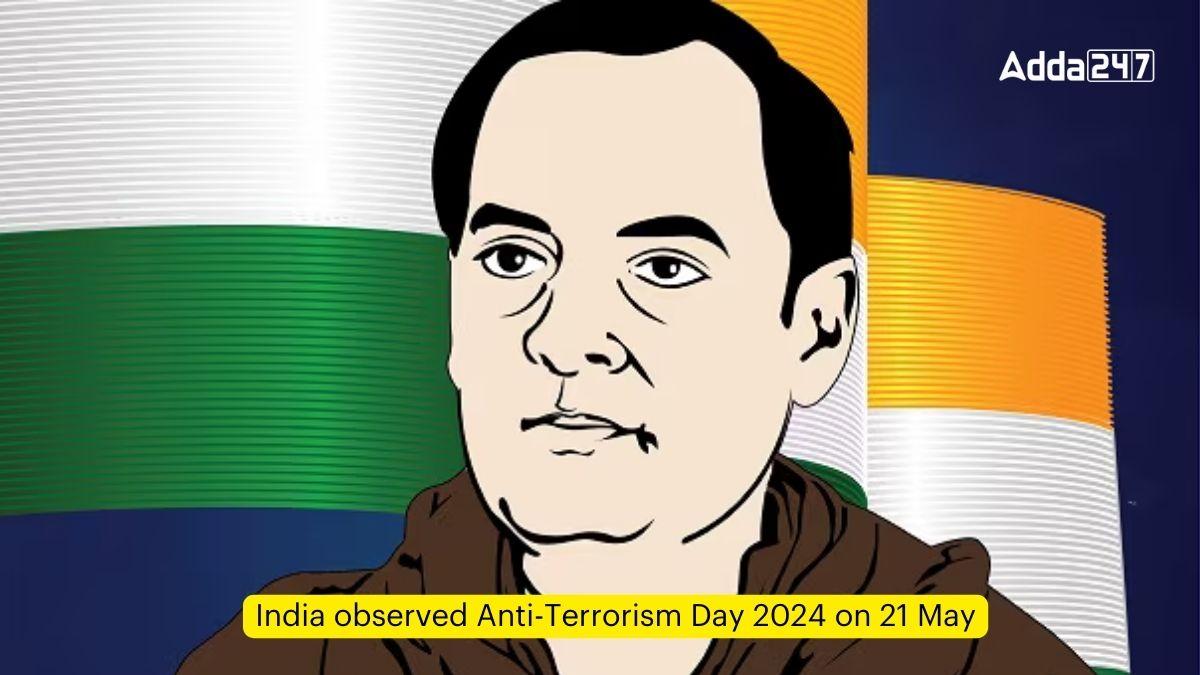India observes Anti-Terrorism Day on 21 May to commemorate the assassination of former Prime Minister Rajiv Gandhi by a suicide bomber from the Liberation Tigers of Tamil Eelam (LTTE), a terrorist organization based in Sri Lanka. The day serves as a reminder of the devastating consequences of terrorism and emphasizes the need for vigilance against such threats.
Background
On 21 May 1991, during an election campaign rally at Sriperumbudur, a village near Chennai, Rajiv Gandhi was assassinated by a suicide bomber, Kalaivani Rajaratnam alias Dhanu, a member of the LTTE. This tragic event prompted the P.V. Narasimha Rao-led Congress government, which came to power after the 1991 election, to declare 21 May as Anti-Terrorism Day. The first observance took place on 21 May 1992.
Rajiv Gandhi: A Visionary Leader
Rajiv Gandhi was the 6th Prime Minister of India, serving from 31 October 1984 to 2 December 1989. At the age of 40, he became the youngest person to hold the office after the assassination of his mother, Indira Gandhi. His Congress party achieved an unprecedented victory in the 1984 election, winning 401 seats out of 508 in the Lok Sabha.
Gandhi is credited with introducing computers in Indian schools, laying the foundation for the country’s emergence as an IT superpower. He also played a pivotal role in the India-Sri Lanka Peace Accord of 1987, aimed at resolving the ethnic conflict in Sri Lanka.
The India-Sri Lanka Peace Accord
In 1987, Rajiv Gandhi signed a peace accord with Sri Lankan President Jaywardene to address the ongoing civil war between the minority Tamil population and the majority Sinhalese. The Liberation Tigers of Tamil Eelam (LTTE), a militant group seeking an independent Tamil state, was a major player in the conflict.
Under the accord, the LTTE was supposed to lay down its arms and relinquish its demand for a separate Tamil nation in exchange for substantial autonomy for the Tamil-dominated Northern and Eastern provinces of Sri Lanka. India dispatched the Indian Peace Keeping Force (IPKF) to maintain peace between the Sri Lankan government and the Tamil militants.
However, the LTTE refused to disarm, leading to a clash with the IPKF. The LTTE later assassinated Rajiv Gandhi, perceiving his role in the peace process as a betrayal of the Tamil cause.
Understanding Terrorism
The United Nations Office on Drugs and Crime (UNODC) defines terrorism as a method of coercion that utilizes or threatens violence to spread fear and achieve political or ideological goals. The term “terrorism” was initially coined during the Reign of Terror in the French Revolution, from 5 September 1793 to 27 July 1794, when the Revolutionary Government employed harsh measures against perceived enemies.



 World Day to Combat Desertification and ...
World Day to Combat Desertification and ...
 Important Days in June 2024, List of Nat...
Important Days in June 2024, List of Nat...
 Father's Day 2024: Date, History, Signif...
Father's Day 2024: Date, History, Signif...
